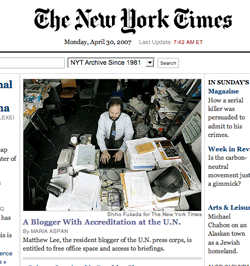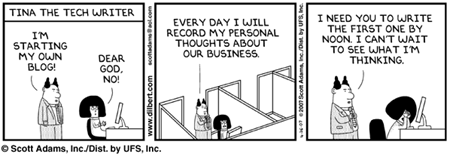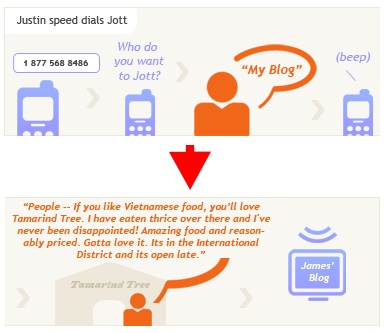The Office is a comedy. And a love story. And probably the funniest thing on television since Seinfeld. And I’m not sure it isn’t the equal of Seinfeld. Here’s a little shout out to bloggers from last night’s season finale. Here’s what I could make out (freeze frame) of Creed’s “blog” post:
“Hey-o, everyone out there in SyberWorld. It’s old Creed Bratton coming at your again, here from my perch as a Quality Assurance Manager at Dunder Mifflin paper. Just a few observations on the world around me. What do you guys think is the best kind of car? To me, you can’t (off screen) motorcyles. They’re small and dangerous.
I go…”
Did one of the writers compose that post? Did they let the actor who plays Creed write it? Did that someone know some blogger/fan would go to the trouble to post Creed’s post? Am I the only person on the planet to do so? Is there another Beck’s in the frig?
PS: Holy shit! The actor who plays Creed (Creed Bratton) was a member of the 60s rock band The Grassroots. I’m the only one that didn’t know that, right?

 It’s stories like this one, on the front page of the New York Time, that put the “no shit?!” look on my face when someone tells me they’ve never heard of blogging.
It’s stories like this one, on the front page of the New York Time, that put the “no shit?!” look on my face when someone tells me they’ve never heard of blogging.
